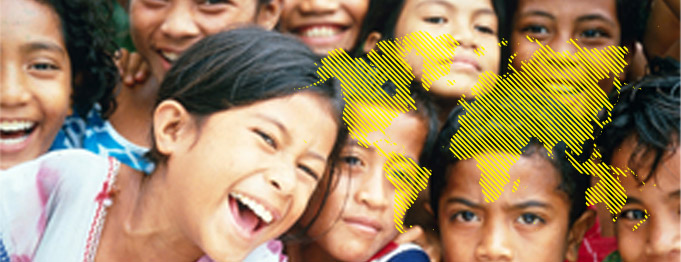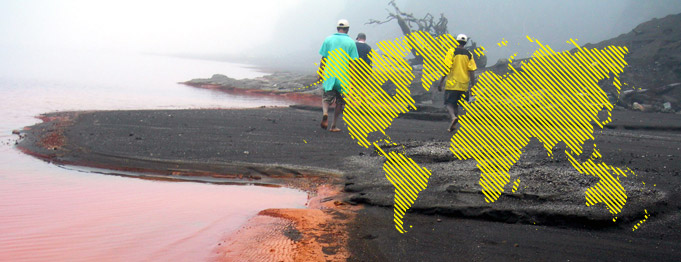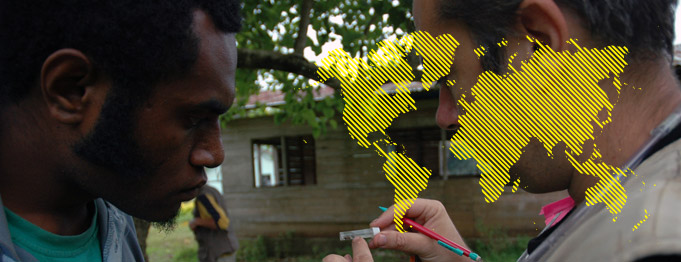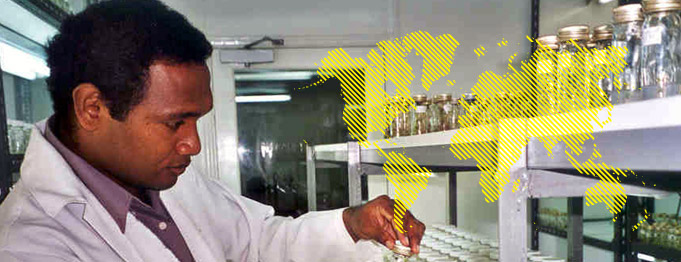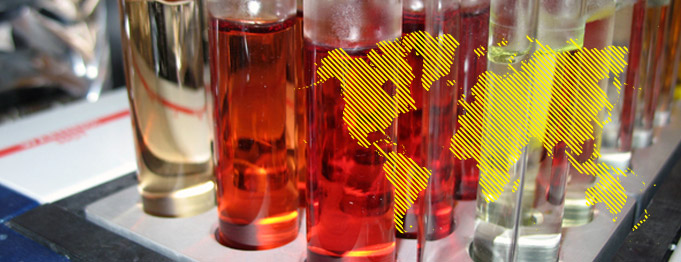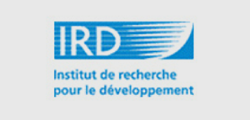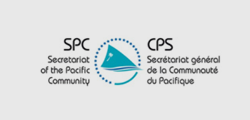New EU-Pacific development partnership to tackle climate change and fight poverty
EUROPEAN COMMISSION - PRESS RELEASE
Brussels, 04 April 2012 - Pacific islands are an alarming case of the adverse effects of climate change where rising sea levels have an impact upon every aspect of citizens' lives and hamper the economic development. The EU has decided to reinforce its response to these raising challenges and issue a Communication ''Towards a renewed EU–Pacific development partnership''.
The communication sets a stronger focus on addressing climate change and development in a tailored manner and paves the way for efficient and more coordinated cooperation. The document also spells out a commitment to improving coordination on climate change at the international level. The EU will continue to support the Pacific islands in the run up to the Rio+20 Conference in June 2012 on emphasising that greening the economy is essential to promoting long term sustainable and inclusive growth, human health and well being.
The document is co-authored jointly by High Representative of the European Union for Foreign Affairs and Security Policy and Commission Vice President, Catherine Ashton, and European Commissioner for Development, Andris Piebalgs.
Catherine Ashton said: ''This Joint Communication highlights the added value we bring as a political and development partner to the Pacific region. We want to go beyond our traditional donor-recipient relationship, and develop a more comprehensive partnership which can successfully address issues of global importance such as climate change.''
European Commissioner for Development Andris Piebalgs said: "Pacific Islands are the first victims of climate change, which hampers their development and threatens peoples' lives. As the largest donor, the EU is taking upon its global responsibilities and will continue to express its solidarity with the poor and vulnerable citizens of these small islands. I therefore intend to dedicate an extra €19 million to help them better adapt to the challenges of global warming. This joint communication defines a new approach in delivering aid; is tailor made to the specific needs of the region, which will make our work to eradicate poverty in the region even more effective - providing benefits for all citizens;."
The EU’s Support for the Pacific
With the new structures which are up and running under the Lisbon treaty, the EU can respond to the challenge of climate change and development in a more focused and coordinated manner. The EU’s external action has at its disposal a wide range of policies and instruments that are very relevant for the Pacific. Development and climate change assistance to Pacific countries from the EU Budget and European Development Fund (EDF) increased substantially to approximately €785 million for the period 2008-2013.
The EU looks to ensure that policies other than development continue to contribute to the renewed EU-Pacific development partnership so that economic growth goes hand in hand with good governance, sustainability and shared responsibilities for common goods.
Background
The devastating effects of Climate Change have been all too clear in the Pacific region. For inhabitants of islands in the Pacific, climate change is on their doorsteps; through no cause of their own, they have witnessed an increased frequency and intensity of natural hazards, such as tropical cyclones and floods. Added to this;rising sea levels, sea-water intrusion and coastal erosion have reduced the land available for housing, threaten infrastructure, damage aquaculture and affect freshwater supplies and agriculture.
The Pacific Island Countries and Territories (PICTS) are home to 10 million people. Most PICTS are Small Island States (SIS), 10 of which are among the world’s 15 smallest economies, while three are atoll nations, with elevations barely above sealevel. Without action, many of these islands will disappear.
Contacts : Michael Mann (+32 2 299 97 80) Maja Kocijancic (+32 2 298 65 70) Sebastien Brabant (+32 2 298 64 33)

